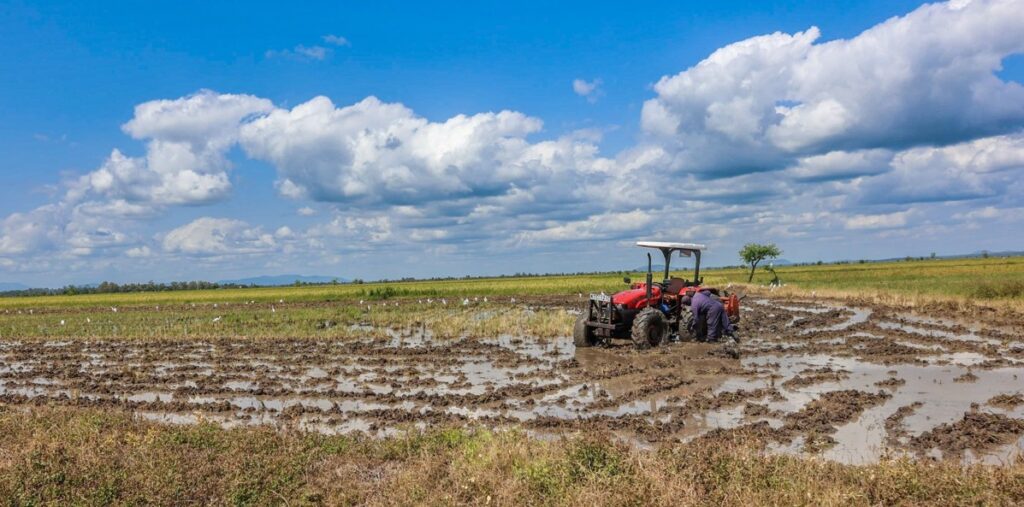The African Union has called on member states to take deliberate and decisive actions to address the persistent challenges slowing down the growth of the continent’s agricultural sector. Leaders stressed that climate shocks, volatile food prices, and disrupted value chains are testing the resilience of African food systems and the resolve of national governments.
Speaking at a high-level regional meeting, AU officials emphasised that existing strategies for food production, livestock health, fisheries, and market regulation need to evolve from fragmented, country-specific priorities into integrated, continent-wide value chain ecosystems. This approach, they noted, will help harmonise trade rules, streamline regulatory protocols, and reduce non-tariff barriers that currently hinder intra-African trade.
The call to action included a shift from short-term, project-based agricultural interventions to sustainable institutional mechanisms. Examples highlighted were the adoption of regional food balance sheets and the establishment of strategic grain reserves to safeguard against supply disruptions and price instability. Leaders also urged that climate resilience be embedded as a central principle in the design of agricultural, water, and energy systems, rather than treated as an isolated sector.
Zambia’s agricultural leadership echoed the urgency, noting that productivity must be boosted through widespread adoption of climate-smart farming practices. Expanding irrigation systems, investing in modern agricultural technology, and addressing systemic barriers to production were flagged as top priorities. Delegates underscored the importance of accelerating the adoption of innovative farming methods to counter the threats posed by erratic weather patterns and shifting climatic conditions.
Another central theme was the role of the Comprehensive Africa Agriculture Development Program (CAADP), described as a vital framework for the continent’s agricultural transformation. Renewed commitment to this initiative was urged, as it provides a coordinated approach to increasing agricultural investment, improving productivity, and strengthening food security.
The private sector was identified as a critical driver in achieving these goals. By fostering public-private partnerships and encouraging agribusiness investments, African countries can create sustainable markets for agricultural products. In addition, empowering smallholder farmers who form the backbone of Africa’s food production was highlighted as essential for achieving long-term growth and resilience.
With agriculture employing a significant portion of Africa’s population and serving as a key pillar of its economies, leaders warned that failure to act decisively could deepen food insecurity and economic instability. The consensus was clear: bold, coordinated action is no longer optional it is an urgent necessity for Africa’s future prosperity.

